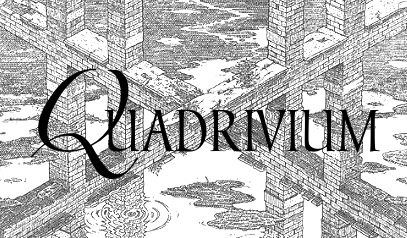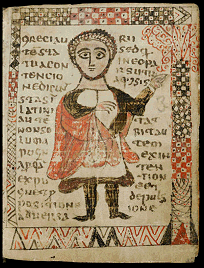«After consultation with the Section chairs of our Social Science and Humanities Sections; the Board have published the following paper.
This position paper is aimed at drawing public attention to several potentially dangerous facts and trends relating to the organisation and funding of science and scholarship (in its broadest sense) in Europe; which may soon result in non-recoverable losses in the Humanities and to some extent in the Social Sciences, especially in areas less related to the economic environment. At the same time, we suggest possible short and longer-time remedies and declare our determination to assist the European research community and the decision makers in minimising losses that will be unavoidable if the current situation remains unchanged.





